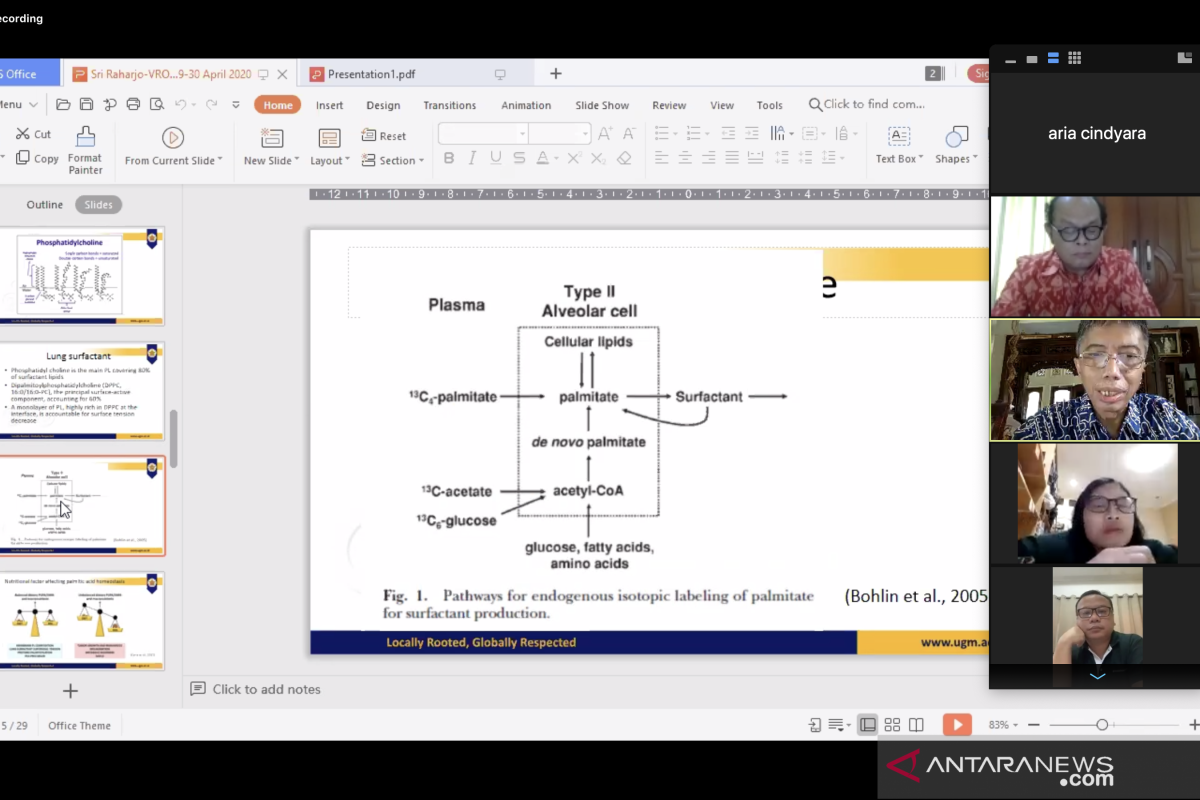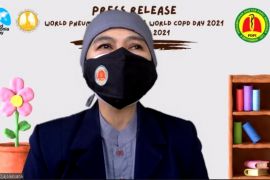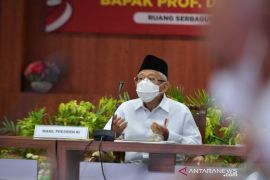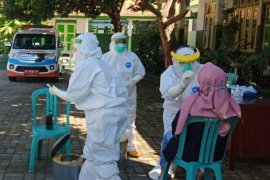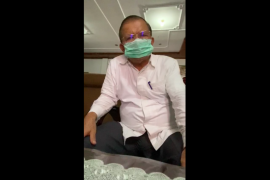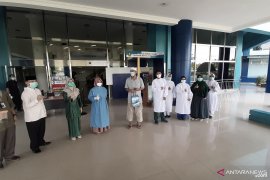Vitamin E tocotrienol, and pro-vitamin A dissolved in VRO are powerful antioxidants that can ward off free radicals. Vitamin C, which is available in many fruits, functions to refresh vitamin E, as antioxidants weaken after reacting with free radicalJakarta (ANTARA) - Food technology and agricultural products expert from Gadjah Mada University, Sri Raharjo, said consumption of virgin red palm oil (VRO) can help build immunity, and especially strengthen lungs, against a COVID-19 infection.
Attending a virtual panel discussion on ‘VRO to boost immunity in facing COVID-19’ in Jakarta on Thursday, Sri Raharjo, a professor with the Department of Food Technology and Agricultural Products at Gadjah Mada University, said it is important to consume foods that contains pro-vitamin A, vitamin E, and vitamin C in order to maintain lung health in face of the global spread of the novel coronavirus.
He revealed that virgin red palm oil is rich in beta carotene, or pro-vitamin A. The pro-vitamin content of VRO is 15 times higher than that of carrots. Palm oil itself contains vitamin E, or tocopherol, and is high in tocotrienols, also known as antioxidants, which can help boost the immune system, he added.
“Vitamin E tocotrienol, and pro-vitamin A dissolved in VRO are powerful antioxidants that can ward off free radicals. Vitamin C, which is available in many fruits, functions to refresh vitamin E, as antioxidants weaken after reacting with free radicals,” he explained.
VRO, he continued, also contains palmitic acid, a type of saturated fat, which is also one of the dominant components of palm oil.
As palmitic acid is also the main component, making up about 60 percent of the phospholipid compound that lines the inner walls of the lungs’ alveoli, VRO can play an important role in adding protection for healthier lungs, he stated.
The phospholipid compound acts as a surfactant, helping facilitate the exchange of gases (oxygen and carbon dioxide) from the alveoli cavity to the blood vessels, or vice versa, he noted.
Pulmonary surfactants also lower surface tension at the air-liquid interface, protect patency of small airways, prevent movement of fluid into the alveolus area, enhance mucous clearance, and stimulate the host lung’s defense system, he remarked.
“When someone is infected with COVID-19, the lungs are the main target. The cells in the lungs’ alveoli, responsible for producing phospholipids, can get damaged, and thus, are no longer able to produce phospholipids,” Raharjo stated.
As a result, the process of gas exchange in the alveoli cavity cannot be carried out normally. Under such a condition, a patient would have difficulty breathing and may require ventilator support.
“Although from the beginning, palmitic acid — the main component of phospholipids, which function as surfactants — can be synthesized by our body, the intake of palmitic acid through food is also needed to maintain its adequate availability in the body,” he concluded.
Related news: Public should purchase food from small businesses during pandemic: FAO
Related news: Baswedan to distribute 20 million free masks to Jakarta citizens
Reporter: Aria Cindyara
Editor: Rahmad Nasution
Copyright © ANTARA 2020
